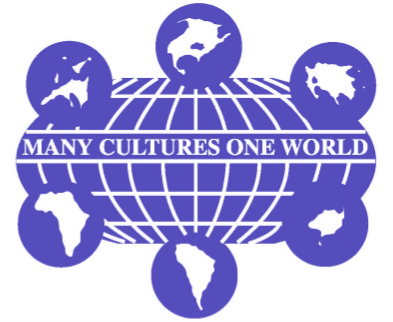Guidelines for Culturally Competent Care
Journal of Transcultural Nursing:
Guidelines for Implementing Culturally Competent Nursing Care
Marilyn K. Douglas, PhD, RN, FAAN, Marlene Rosenkoetter, PhD, RN, CNS, FAAN, Dula F. Pacquiao, EdD, RN, CTN, Lynn Clark Callister, PhD, RN, FAAN, Marianne Hattar-Pollara, PhD, RN, FAAN, Jana Lauderdale, PhD, RN, FAAN, Jeri Milstead, PhD, RN, FAAN, Deena Nardi, PhD, PMHCNS-BC, FAAN, Larry Purnell, PhD, RN, FAAN
First Published February 18, 2014; pp. 109–121
TCNS Members can access the article without charge with their membership. Link to article: http://tcn.sagepub.com/content/25/2.toc
A task force of the Expert Panel for Global Nursing and Health of the American Academy of Nursing, along with members of the Transcultural Nursing Society, has developed a set of standards for cultural competence in nursing practice. The aim of this project was to define standards that can be universally applied by nurses around the world in the areas of clinical practice, research, education, and administration, especially by nurses involved in direct patient care.
The document includes a Preface and 10 Standards:
Standard 1. Knowledge of Cultures
Standard 2. Education and Training in Culturally Competent Care
Standard 3. Critical Reflection
Standard 4. Cross Cultural Communication
Standard 5. Culturally Competence Practice
Standard 6. Cultural Competence in healthcare Systems and organizations
Standard 7. Patient Advocacy and Empowerment
Standard 8. Multicultural Workforce
Standard 9. Cross Cultural Leadership
Standard 10. Evidence-Based Practice & Research
For each standard, a definition, supporting rationale, and numerous suggestions for implementation are provided. A glossary of terms is appended. All standards are based on the concepts of social justice and human rights, as defined by the United Nations and the International Council of Nurses. These concepts are manifested at a systems or governmental level by political, economic, and social policies that exhibit impartiality and objectivity.
All task force members have experience working with peoples from a variety of cultures throughout the world. In developing this document, the task force reviewed more than 50 documents on cultural competence published by nursing and health care organizations worldwide. In addition, an on-line survey solicited comments from nurses in many countries. Responses from nurses representing a variety of settings and educational backgrounds were incorporated into the final document. Every attempt was made to develop standards that can be used globally.
